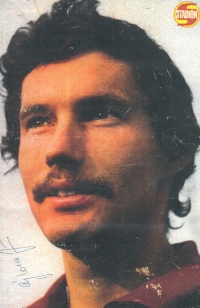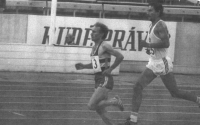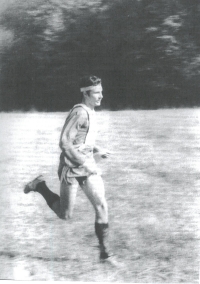For 40 years I have held the Czech record in the five-kilometre run

Download image
Jiří Sýkora was born on 1 July 1954 in Opava. He spent his childhood in Ostrava with his four siblings. At that time he spent his free time in the local housing estate with his friends and was no stranger to sports. In high school, however, he fell in love with sport. He became a representative of Czechoslovakia in orienteering and picked up one success after another. When he came of age, he joined the athletics club and competed in the five and ten kilometre races. He participated in these events at the 1980 Summer Olympics in Moscow. There he also succeeded in the five-kilometre race, breaking the Czechoslovak record, which he still holds today. In the mid-1980s, Jiří was expelled from the Centre for Top Sports because he refused to sign a consent form for the use of performance-enhancing substances. Despite this, he continued to participate in many international competitions. In 1986 he joined the Communist Party. Jiri is still active and devotes his time to sport.




